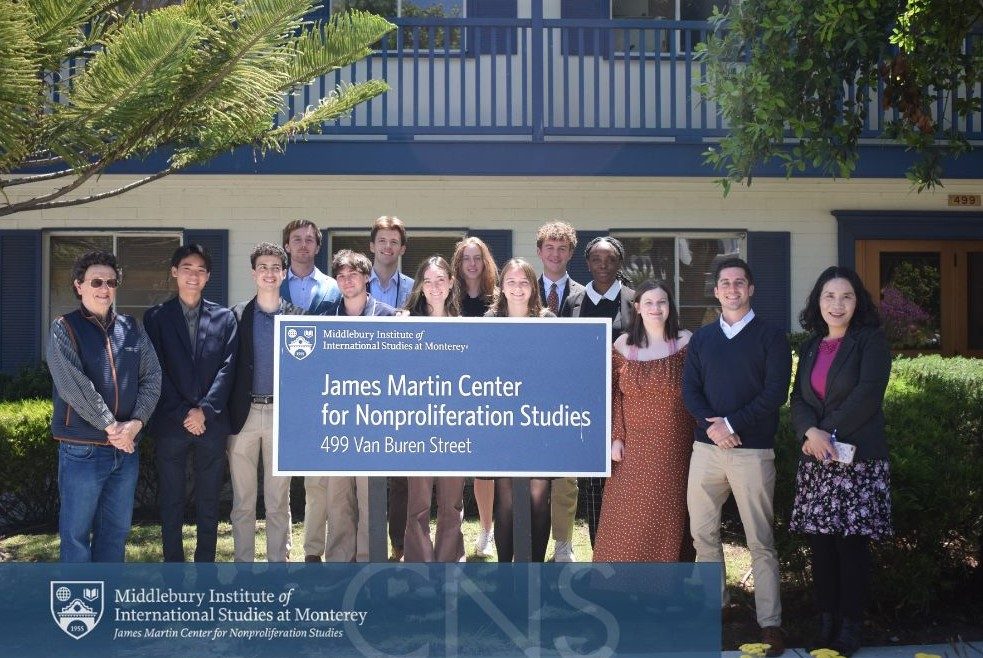Caroline Covey is a rising junior majoring in International Studies and Russian at Indiana University. She is also a member of the Department of Defense Russian Flagship Program at IU. Her academic interests include national security, nuclear nonproliferation and intelligence work. She has previously served as a National Security Fellow with Girl Security, focusing on Weapons of Mass Destruction and completing a personal research project on nuclear and radiological safeguarding during the Russian-Ukraine conflict. At Indiana University, she serves as the President of Phi Mu Fraternity, is a tutor for student athletes and helps to run the social media account for the Flagship. In her free time, she loves to read, spend time with friends and listen to music!
Final Presentation: The Role of Geopolitical Factors in Nuclear Deals: Lessons from Iran and the JCPOA

This research project focuses on how the future of nuclear diplomacy agreements should or may be conducted. I will be focusing on the JCPOA as my case study, as the negotiations that are going on right now could potentially determine the future of the nuclear order as we currently know it. The JCPOA was signed with good intentions to prevent Iran’s possible acquisition of enough highly enriched uranium and plutonium to create nuclear weapons, despite being a signatory as a Non-Nuclear Weapon State to the NPT. However, domestic politics and differing leaders has led to the unilateral withdrawal by the United States in 2018 from the deal, and the subsequent Iranian violations, starting in 2019. As the years have gone on, Iran has now enriched uranium-235 up to 60 percent and is rapidly inching towards the decision to create a nuclear weapon, making the possible renewal of the JCPOA pertinent. However, outside geopolitical issues, such as domestic politics, Iran’s ballistic missiles, the designation of the Islamic Revolutionary Guard Corps as a Foreign Terrorist Organization, and Iran’s influence in terrorist activity abroad is halting the success of a nuclear agreement. Therefore, I would like to consider whether outside geopolitical factors, such as the ones mentioned, should be included in nuclear deals or if such agreements should only focus on the nuclear issues at hand. Which set of issues take precedence? Does the agreement to one set of issues influence the other set? As JCPOA talks are rumored to ultimately fail, and as Iran continues to hedge towards nuclear weapons, this is an extremely pressing and complex issue.



